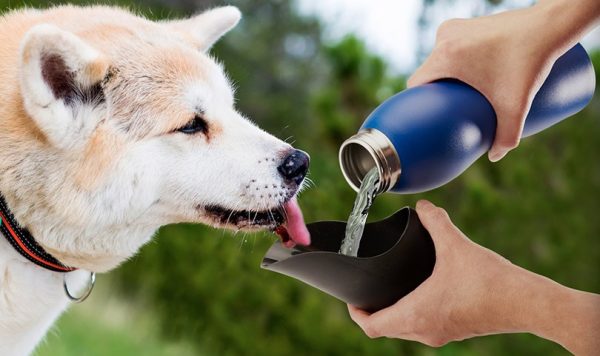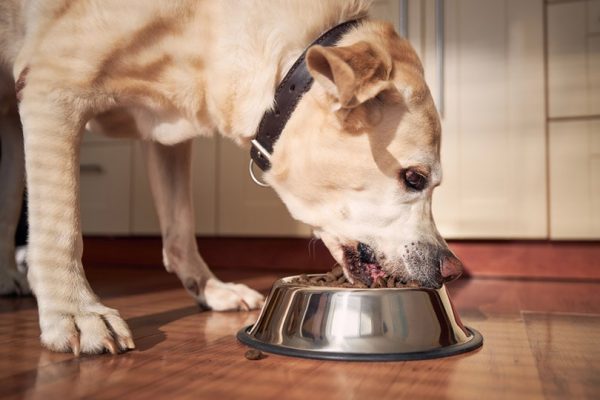Bad breath in dogs is something that pet owners fight constantly. We all know that tartar accumulation and poor oral hygiene are common reasons for halitosis, or bad breath, but what about pancreatitis? Can an inflamed pancreas lead to bad breath? The answer is yes, pancreatitis can contribute to bad breath.

What Is Pancreatitis?
Pancreatitis is defined as the inflammation of the pancreas. The pancreas is an organ located in the abdomen, positioned next to the small intestine. The pancreas is responsible for the production and release of several important enzymes, some of which directly help with the breakdown of food. Insulin and glucagon are also produced here and help regulate nutrient utilization.
Pancreatic inflammation can occur when trauma occurs to the pancreas through rough handling or injury. Additionally, pancreatitis can occur when a patient eats something very fatty and requires significant effort to break down. In other situations, the underlying cause of pancreatitis can be unknown.
With pancreatitis, inflammation causes digestive enzymes to escape from the organ. When this occurs, damage to the pancreas ensues and leads to further inflammation. Released enzymes can cause irritation to surrounding tissues, including the liver. Diabetes mellitus can be a sequela to pancreatitis.
Pancreatitis can cause several clinical signs, with the most common being abdominal discomfort, vomiting, and a reduced appetite. Patients experiencing pancreatitis may have weight loss and be dehydrated.
If you suspect your pet is suffering from pancreatitis, you should contact your vet directly for an assessment. They can provide you with more information and a care plan.
If you need to speak with a vet but can't get to one, head over to PangoVet. It's our online service where you can talk to a vet online and get the advice you need for your pet — all at an affordable price!

How Does Pancreatitis Cause Bad Breath?
Pancreatitis can result in bad breath secondary to gastrointestinal upset. When a patient is battling pancreatitis, vomiting is common. Vomiting causes stomach acids and digesta to be brought up into the oral cavity. This certainly can result in bad breath.
Furthermore, in cases of pancreatitis, food may be poorly digested in the intestines. Undigested food may cause a noticeable odor from the mouth.
How Is Pancreatitis Diagnosed?
The diagnosis of pancreatitis can be difficult, as patients can differ in severity and have different clinical signs. Discomfort and clinical signs of gastrointestinal issues can be suggestive of pancreatitis. Blood work will be recommended to rule out other differential diagnoses. A specific blood test called cPLI measures lipase, a specific pancreatic enzyme that has better sensitivity than other tests.
Diagnostic imaging may be helpful as well in the diagnosis of pancreatitis. Modalities used include radiographs, ultrasound, and CT.
How Is Pancreatitis Treated?
Pancreatitis is treated in a variety of ways, with the goals being to get patients eating comfortably again and to correct hydration abnormalities. Depending on the severity of clinical signs, dogs with pancreatitis may require hospitalization and intravenous fluid therapy.
Vomiting may be treated with anti-vomit medication like Cerenia or metoclopramide. Dietary adjustments may be needed long-term. Diet changes may include a switch to prescription diets that are low in fat and designed to be gentle on the digestive tract without straining the pancreas.
Adequate pain control is essential for patients battling pancreatitis. This may be achieved through opioid use.


In Conclusion
Halitosis, or bad breath, can certainly be noted with pancreatitis. However, this is not a clinical sign that is necessarily supportive of a pancreatitis diagnosis. Pancreatitis can result in bad breath secondary to gastrointestinal issues, like frequent vomiting and poorly digested food. However, more commonly, halitosis is the result of dental disease.
Featured Image Credit: ilona.shorokhova, Shutterstock




















